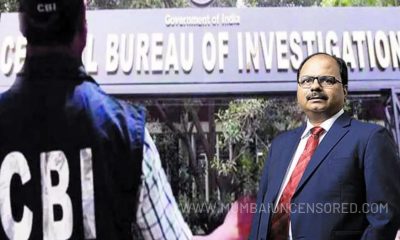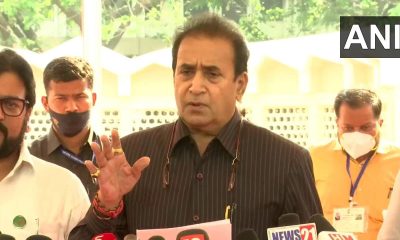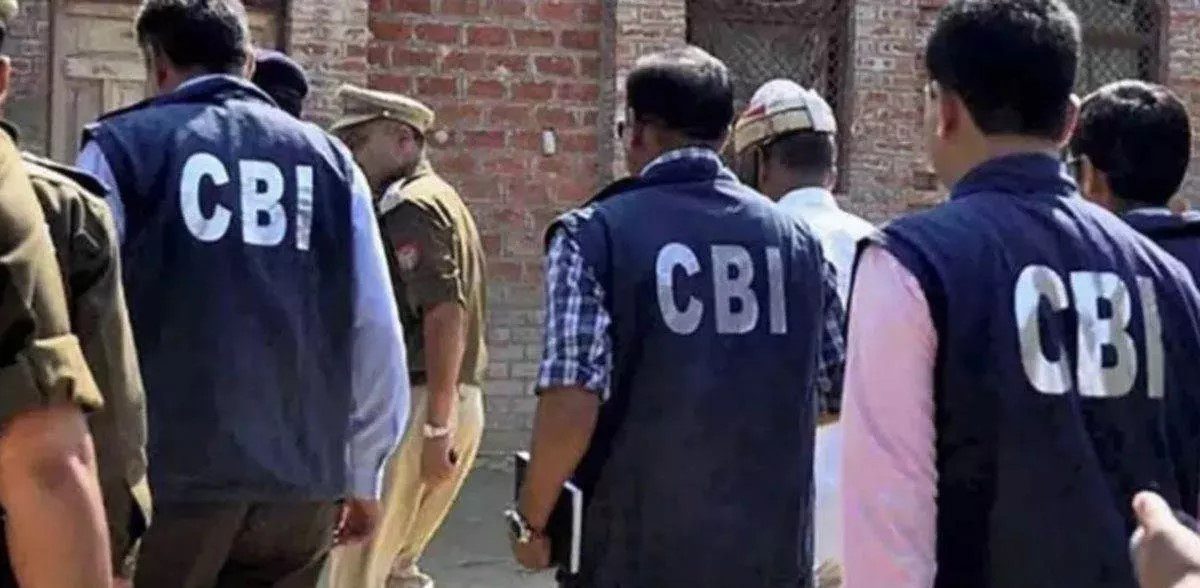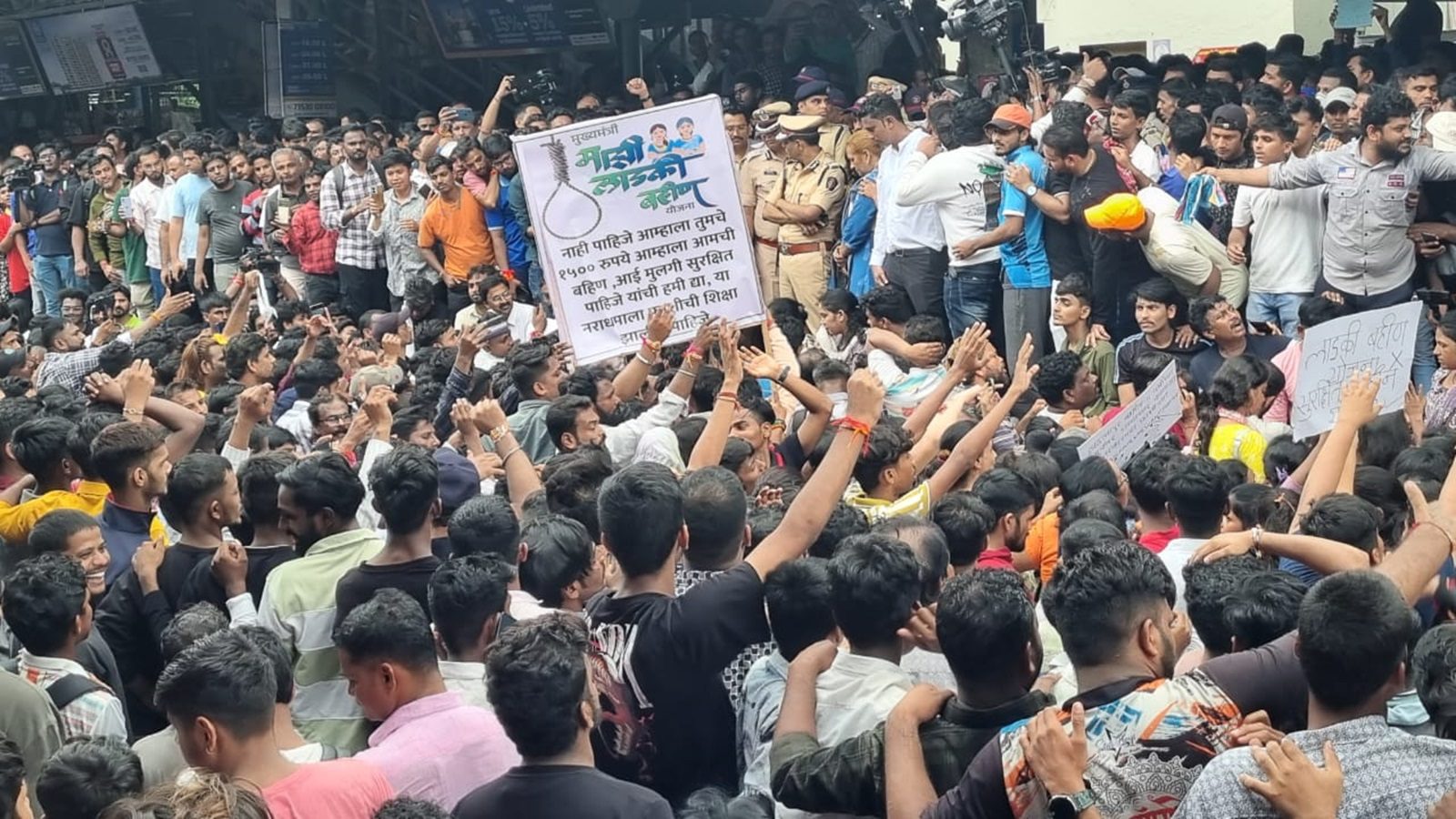Priyal Singh, Mumbai Uncensored, 23rd February, 2023:
The Central Bureau of Investigation (CBI) is currently investigating a complaint filed against two officials of the Military Engineering Services (MES) for allegedly demanding a bribe from a civil contractor. According to the complaint, the officials purposely raised queries in the construction and stopped further work on the Half DASC Platoon site, which was awarded to M/s Nikaash Infracon by the MES. The CBI has taken cognizance of the complaint and is conducting an investigation into the matter.
The complainant, a civil contractor named Shri Tushar Anantrao Desale, has been working as a sub-contractor with M/s Nikaash Infracon for the past 2-3 years, executing all civil works on behalf of the company. The contract for the civil work of the Half DASC Platoon site was awarded to M/s Nikaash Infracon by the Central Government agency i.e. Military Engineering Services (MES), Nashik Road Camp, Nashik. The work site is located in the campus of MES, Nashik Road Camp, Nashik.
It is alleged that after the work was completed up to the first floor, Shri Himanshu Mishra, Assistant Garrison Engineer(AGE), MES, Nashik, and Shri Milind Wadile Junior Engineer (JE), purposely raised queries in the constructions and stopped the further construction of the 2nd floor. The complainant further alleged that the running bill of Rs. 22.85 Lakhs was sanctioned and received by him, and that 3 to 4 days before giving the complaint to CBI, Shri Himanshu Mishra, AGE, and Shri Milind Wadile, JE, demanded a bribe of Rs. 90,000/- in total (2% of the total RAR bill) for allowing the work to proceed. When the complainant did not fulfill the demand of the remaining bribe amount, his work of 2nd floor was stopped by Shri Himanshu Mishra and Shri Milind Wadile purposely by raising some queries in construction.
The CBI conducted a verification of the complaint and recorded the conversation between officers, Shri Himanshu Mishra, Shri Milind Wadile, and the complainant Shri Tushar Anantrao Desale on a Micro SD card with the help of Digital Voice Recorder (DVR). During the verification, it was revealed that there was a demand for undue advantage of 2% of the RAR bill amount of Rs. 22.85 Lakhs, which is around Rs. 45,000/- out of which Shri Milind Wadile, JE agreed to take Rs. 20,000/-. The CBI has recorded two Verification Panchnamas dated 28.09.2022 and 12.10.2022 and is taking further action in this matter.
This incident highlights the ongoing issue of corruption in India and the need for strict action against those involved in it. It is a clear indication of the rampant corruption that often hinders the country’s development. The CBI’s prompt action to investigate this matter is a positive step towards holding those responsible accountable for their actions. It is essential for India to continue its fight against corruption and take necessary measures to prevent such incidents from happening in the future. Only then can India hope to achieve its goals of becoming a corruption-free country and a world leader in economic and social development.
In India, there are several laws and regulations in place to prevent and punish corrupt practices such as bribery. The Prevention of Corruption Act, 1988 is the primary law governing corruption-related offenses in India. The act criminalizes the act of offering or accepting any gratification, either directly or indirectly, to perform or abstain from performing any official act. It also makes it an offense to obtain any valuable thing or pecuniary advantage by corrupt or illegal means.
Additionally, the Indian Penal Code, 1860 (IPC) has several provisions that criminalize corrupt practices. Sections 161-165A of the IPC deal with offenses related to taking or giving bribes, while Section 420 deals with cheating and dishonestly inducing delivery of property. These laws have been enforced by various government agencies, including the CBI, to investigate and prosecute cases of corruption.
In this particular case, the CBI’s investigation is being conducted under the Prevention of Corruption Act, and if found guilty, the accused officials could face imprisonment for a term ranging from 6 months to 7 years and a fine. The CBI’s efforts in this matter serve as a reminder of the government’s commitment to fighting corruption and upholding the rule of law in the country.
It is essential for individuals and institutions to adhere to these laws and work towards creating a corruption-free society, which will enable India to achieve its full potential as a nation.
India has long struggled with corruption, which has been identified as a major obstacle to economic development and social progress in the country. In recent years, there have been some positive developments in the fight against corruption, including the establishment of a dedicated anti-corruption agency, the Central Vigilance Commission, and the introduction of several important pieces of legislation aimed at preventing and punishing corrupt activities.
One of the most significant of these laws is the Prevention of Corruption Act (PCA), which was first enacted in 1988 and has been updated several times since then. The PCA provides a framework for combating corruption in both the public and private sectors and establishes several key offenses related to bribery, extortion, and other corrupt activities. Under the PCA, those found guilty of corruption can face severe penalties, including imprisonment and fines.
Another important law in this context is the Right to Information Act (RTI), which was enacted in 2005 and provides citizens with a powerful tool for holding public officials accountable. The RTI allows individuals to request information from government agencies and public authorities, including information related to the allocation of public resources and the decisions made by public officials. This law has helped to increase transparency and reduce opportunities for corrupt activities in many areas of government.
It is also worth noting that India has taken steps to improve its ranking on global corruption indices, such as the Corruption Perceptions Index (CPI) published annually by Transparency International. In recent years, India has moved up several places on the CPI, reflecting a perception that the country is making progress in its efforts to combat corruption. However, there is still a long way to go, and incidents like the one involving the MES officials serve as a reminder of the ongoing challenge of fighting corruption in India.
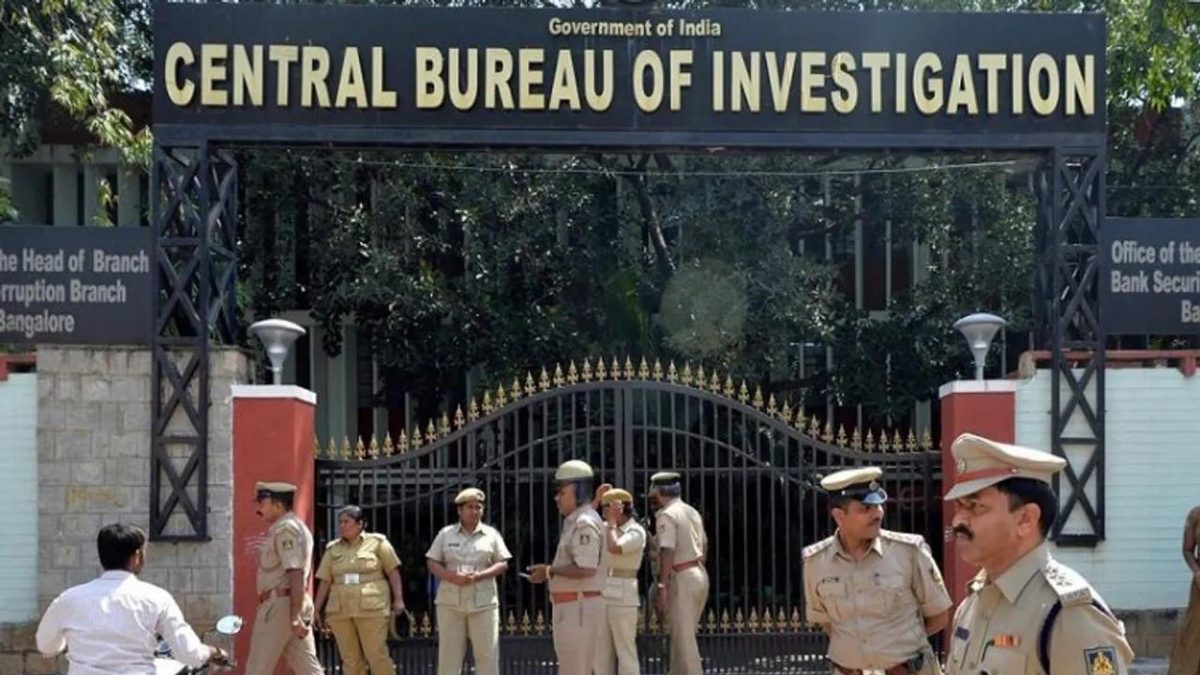




 Health3 days ago
Health3 days ago


 Special Editions3 days ago
Special Editions3 days ago


 Special Editions3 months ago
Special Editions3 months ago


 Special Editions3 days ago
Special Editions3 days ago


 Special Editions3 weeks ago
Special Editions3 weeks ago







